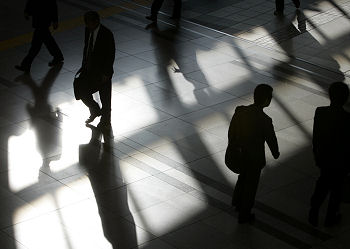When presented with actual crises, such as a disguised version of a 1970s border dispute between Iraq and Syria and an unfolding dispute between football players and management, experts were able to forecast the decisions the parties made in only 32% of the cases, little better than the 29% scored by undergraduate students. Chance guesses at the outcomes would be right 28% of the time. The research can have serious consequences for foreign policy and business. Green says, “Political leaders in the West are pondering how best to deal with the threat of the Iranian government’s nuclear ambitions. Forecasting problems such as this are the stuff of not only international relations but also of takeover battles, commercial competition, and labor-management disputes. In most cases, experts use their judgment to predict what will happen."
How good are their forecasts? “The short answer is that they are of little value in terms of accuracy. In addition, they lead people into false confidence.”
READ MORE...






